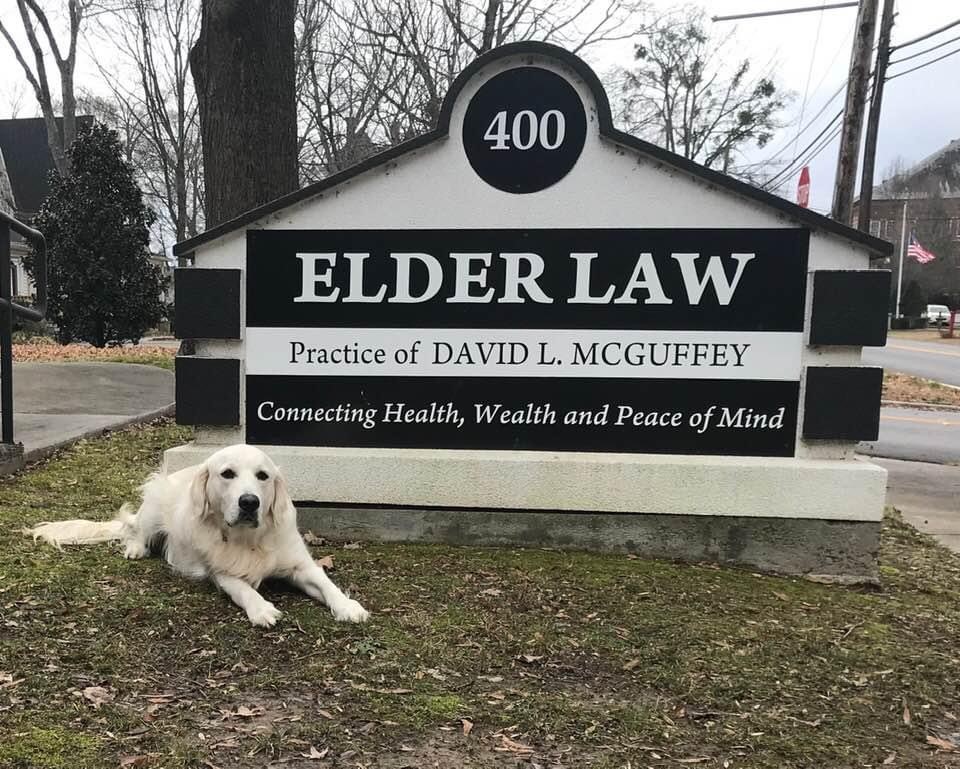People regularly ask “how do I plan for my loved one with special needs.” There are two ways. First, you can set up structures like special needs trusts to protect eligibility for help. Assets such as money, property or income streams inside a special needs trust do not count toward eligibility for public benefits. An ABLE account can also be helpful although there are limits on how much you can contribute annually and on the total balance before SSI eligibility is impacted. Placing money in trust also prevents abusers from taking advantage of a special needs loved one by creating a firewall between them and their money. A second structure is securing a power of attorney, health care advance directive or guardianship so you have authority to make decisions and get information. The less restrictive power of attorney and health care advance directive is preferred, but in some cases a guardianship will be necessary. Ask an attorney which way is best for your situation.
After these structures are in place, the harsh reality of day-to-day living sets in. At that point, you are looking for resources to assist you so you can meet your loved one’s needs. There are Medicaid waiver programs that can provide assistance, but our best suggestion is finding someone who has walked the path you are on and learn from them. Fortunately, Hal Wright wrote a book detailing his journey. “The Complete Guide to Creating a Special Needs Life Plan: A Comprehensive Approach Integrating Life, Resource, Financial and Legal Planning to Ensure a Brighter Future for a Person with a Disability” is available on Amazon and usually sells for under $30. In his book, Mr. Wright explains how to create circles of support to sustain a life plan. You can also find help with organizations such as Parent to Parent of Georgia.
If you have questions about special needs planning, feel free to contact us at (706) 428-0888 or at info@mcguffey.net. Our initial consult on special needs issues is free.
























